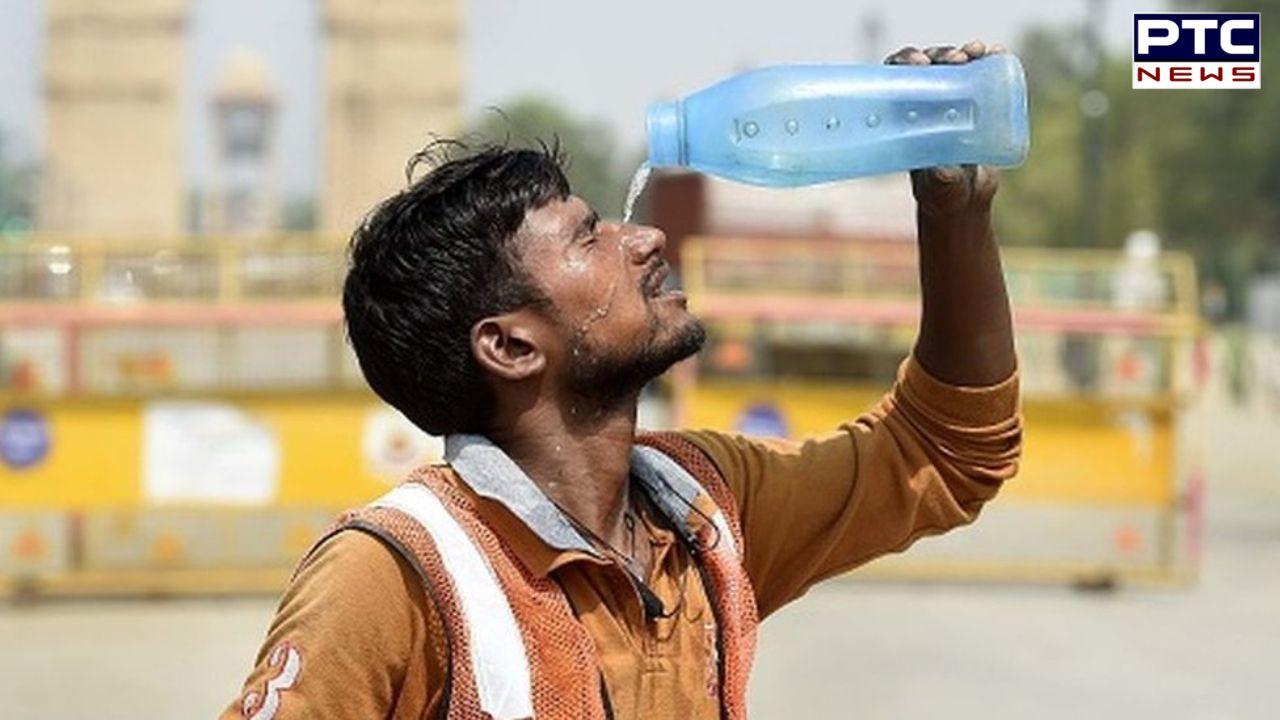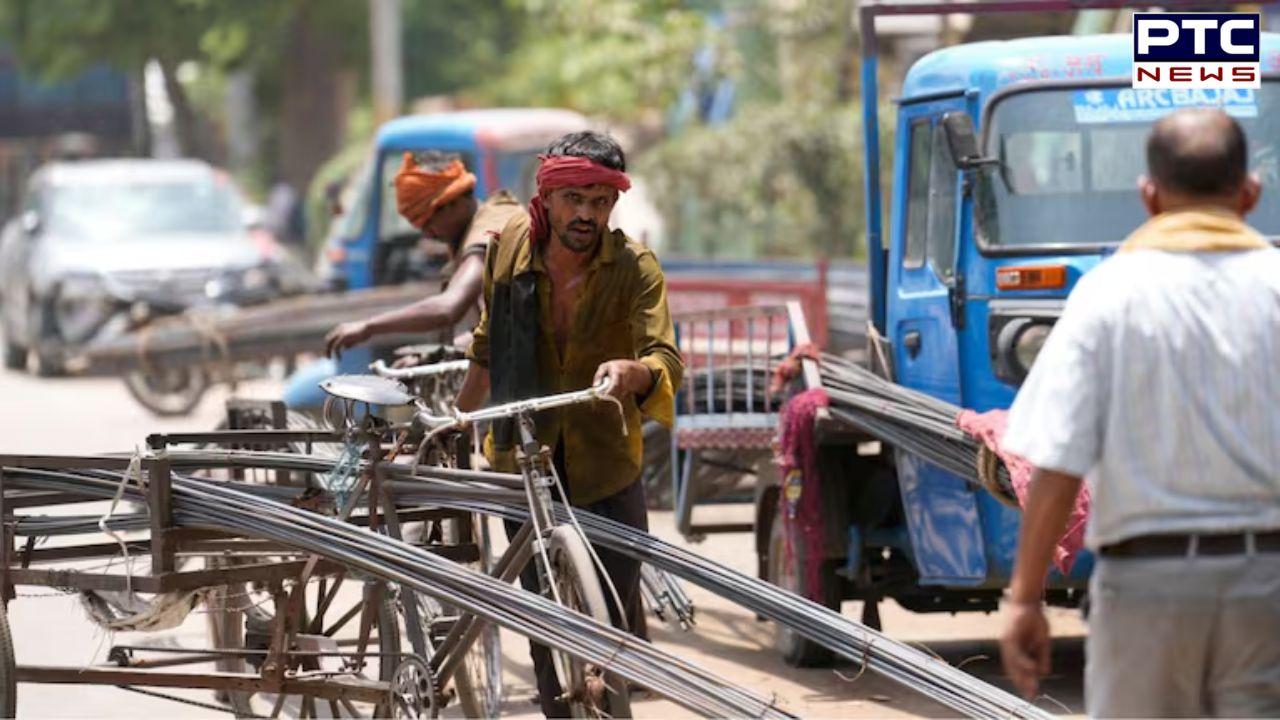

Heatwave Alert: IMD issues red alert for north India for the next 5 days
PTC News Desk: The India Meteorological Department (IMD) on Tuesday predicted heatwave to severe heatwave conditions to prevail over parts of Rajasthan, Punjab, Haryana-Chandigarh-Delhi, and West Uttar Pradesh as it issued a 'red alert' for the states over the next five days, offering little respite to people reeling under a savage and searing summer wave across vast swathes of the country's northern belt.
According to the Met Department, maximum daily temperatures in a number of these states' districts might rise beyond 47°C.

Senior IMD scientist Naresh Kumar told ANI on Tuesday that temperatures in North West India are currently higher than usual and that a red alert had been issued for the area for the last two to three days. We have issued a red alert for Rajasthan for the next five days based on a state-by-state projection. It is anticipated that the high temperature would rise gradually from 45°C to 47°C."
The maximum temperatures in Punjab and Haryana have somewhat decreased as a result of the current western disturbance, but they will thereafter gradually rise by two to three degrees. For these two states, a "red alert" has already been issued. We have issued an orange notice for northern Madhya Pradesh and a red alert for neighboring Uttar Pradesh for the next five days, Kumar told ANI.
A little reprieve is anticipated in the South, though, as the senior IMD scientist noted that heavy to extremely heavy rains, with up to 12 cm predicted in Tamil Nadu and Kerala over the next two to three days, are predicted to fall while the North bakes under the relentless summer sun.
As a result of the IMD issuing a "red alert" for the nation's capital and other regions of North India, people should avoid going outside, especially between 11 am and 4 pm, as this could negatively impact their health.
According to Dr. Neeraj Nishchal, a professor in the AIIMS, Delhi Department of Medicine, the health problems brought on by the rising temperatures can include heat exhaustion, dehydration, rashes, and heat strokes.
Additionally, heat wave circumstances can cause physiological strain, which frequently results in death.
Doctors have advised people to avoid going outside as much as possible, even under adequate protection, especially between noon and 3 pm; to drink enough water frequently, even if they are not thirsty; and to dress in light-colored, loose, porous cotton clothing in order to lessen the effects of the heat wave and prevent serious illnesses.
- ANI
